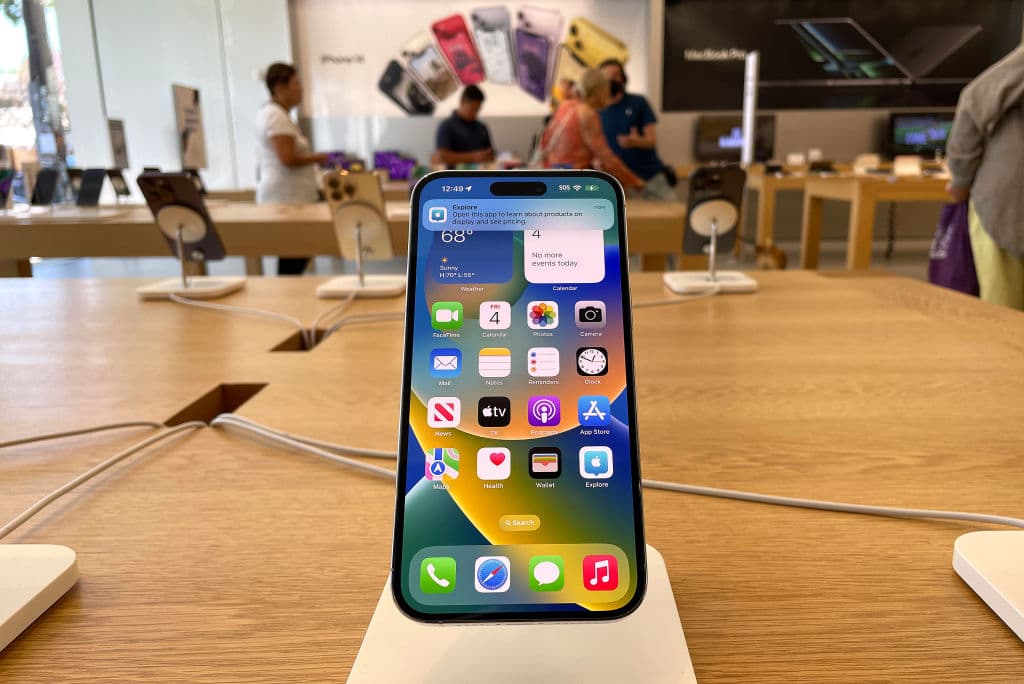Growing Number Of Parents Globally Refusing To Give Children Smartphones
One study found young people who acquired smartphones at an early age reported worse mental health outcomes.

The link between smartphone use and mental health issues in children is becoming more evident, leading one grassroots organization in the U.K. to support parents who choose to keep these devices away from their kids.
Smartphone Free Childhood, established by Daisy Greenwell and Clare Fernyhough in February, has quickly gained traction. The group has grown to more than 60,000 members across the U.K. within weeks of its inception, as reported on its website, The Edge reports.
The movement is fueled by worries about how commonplace it has become for children to own smartphones. According to Ofcom, the U.K. communications regulator, 97 percent of children in the U.K. have a mobile phone by the age of 12.
In the United States, the numbers are also significant, with 42 percent of children owning a smartphone by the age of 10. The figure jumps to 91 percent by age 14, according to a 2021 report by Common Sense, which surveyed 1,306 young people aged eight to 18.
Shortly after the smartphone-free campaign launched, the U.K. government, then under the Conservative Party, issued new guidelines banning smartphone use in schools and during breaks. In the United States, some places like Los Angeles, Florida, and Indiana have implemented bans on mobile phones in schools.
Other organizations with similar missions are cropping up globally, including Austin-based Wait Until 8th, Unplugged in Canada, No Es Momento in Mexico, and the Heads Up Alliance in Australia.
A study by Sapien Labs published last year highlighted that young people who acquired smartphones at an earlier age reported worse mental health outcomes. The study gathered data from 27,969 individuals aged 18-24 between January and April 2023 across 41 countries, including North America, Europe, Latin America, Oceania, South Asia, and Africa.

